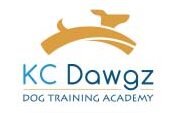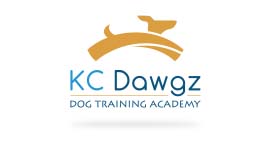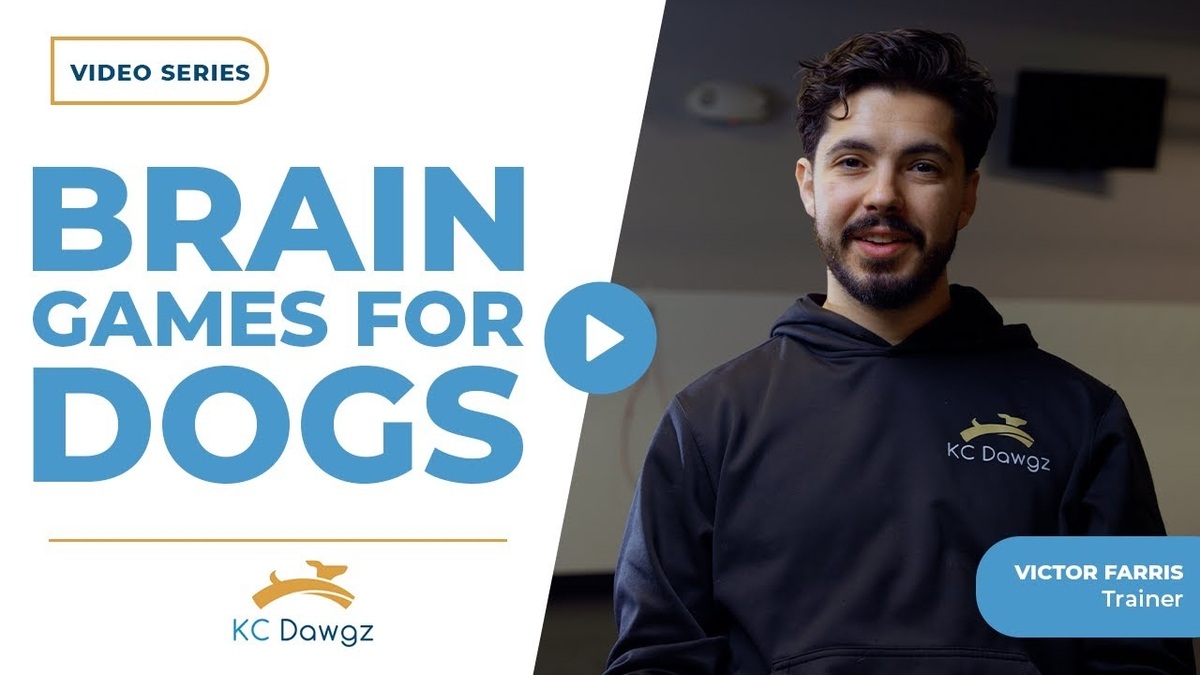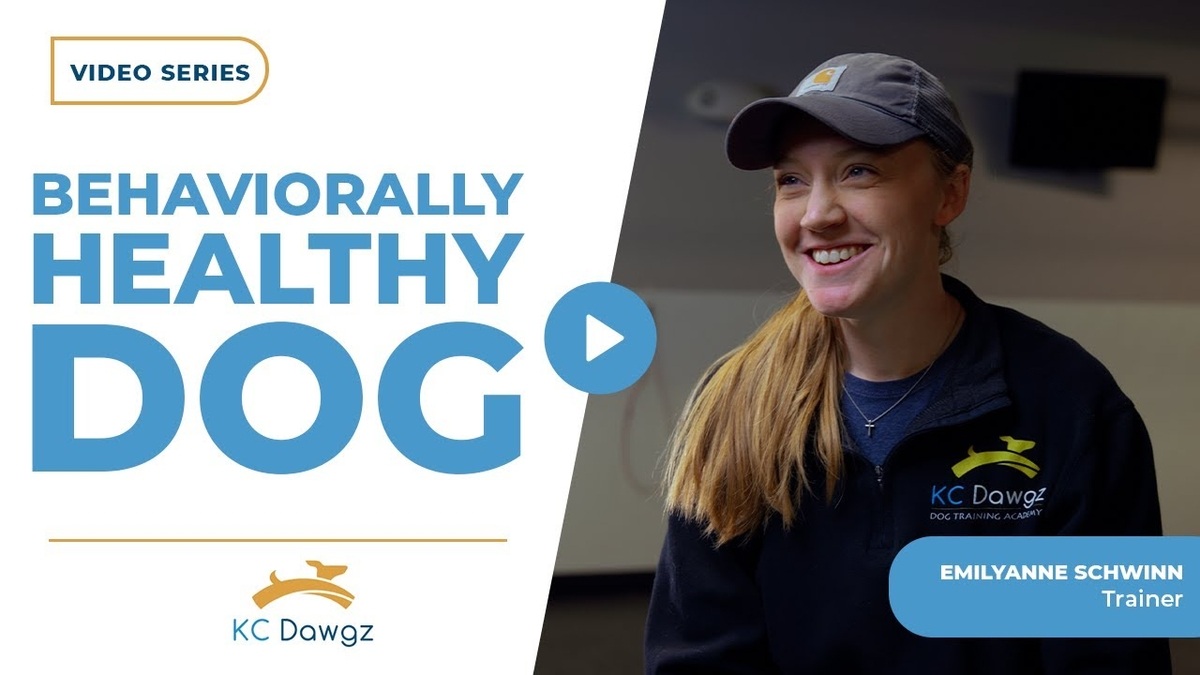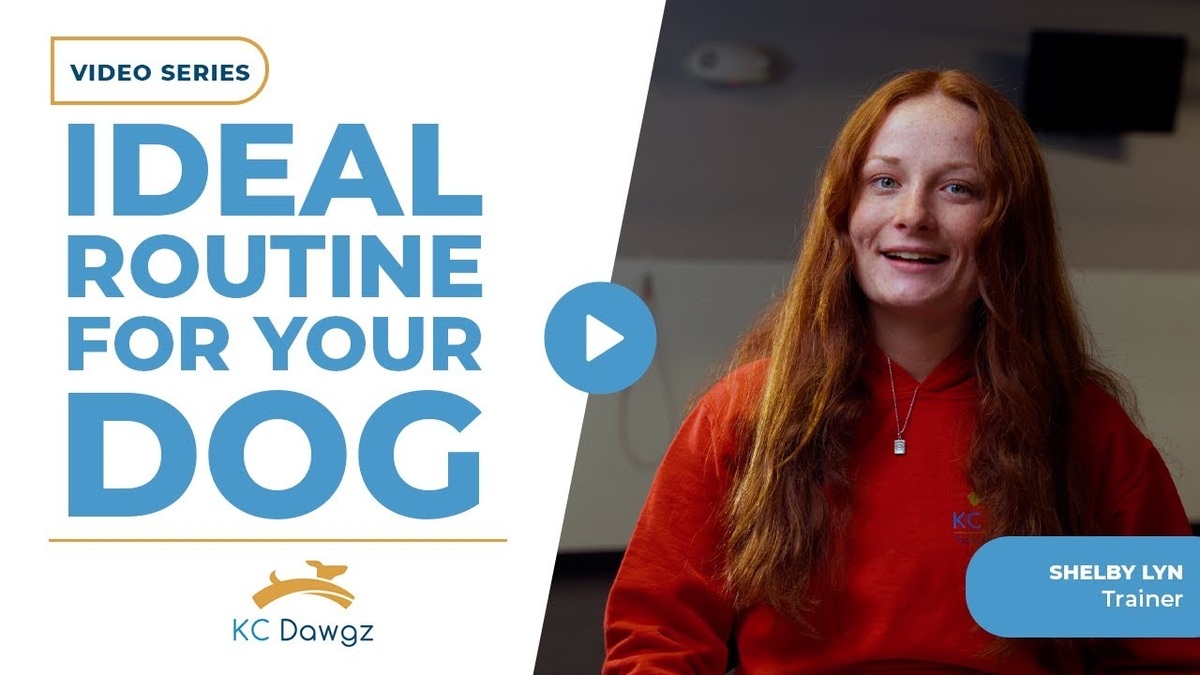The first few weeks with your puppy set the tone for everything that comes next. Miss the early steps, and you may struggle with focus, engagement, or behavior later on. That’s why understanding puppy training milestones is so important—it helps you build the right habits from day one. At KC Dawgz, we work with new puppy owners to make sure those first lessons are positive, structured, and rooted in trust and fun.
Key Puppy Training Milestones
1. Engagement Comes First
Before we worry about formal commands like “sit” or “stay,” we look for one thing: is your puppy focused on you? Can they stay calm in a new environment, even with distractions like other dogs or people nearby? That kind of engagement is what sets the tone for all future success.
This doesn’t mean your puppy shouldn’t notice the world. It just means they feel comfortable and are still able to pay attention to you, even when exciting things are happening around them.
2. Start Training Right Away
We always encourage owners to start training from day one. That doesn’t mean long sessions with treats and commands—it means building routines using what your puppy is already doing, like eating meals or playing.
One of our biggest suggestions is to use your puppy’s kibble as training rewards. Instead of separate training treats, feed them during training time at breakfast, lunch, and dinner. This keeps things simple and effective.
Training by Age Range
8 to 12 Weeks: Build Trust Through Play
This stage is all about relationship-building. We recommend:
- Short, frequent sessions: Keep it to 2–5 minutes each
- Tug and fetch games: Start developing a play bond
- Exposure to new environments: Take your puppy to a variety of locations
- Engagement games: Reward your puppy for looking at you or following your hand
At this age, we introduce luring—guiding your puppy with your hand holding kibble—into simple movements like sitting or lying down. These are early obedience skills, but our main goal is to create positive associations with you and the world around them.
12 to 16 Weeks: Confidence in the Environment
By this point, your puppy should be more confident in public spaces. You’ll know they’re ready when:
- They don’t startle easily at sounds like traffic
- They’re not distracted by other dogs or people
- They’re still happy to engage with you during play
Now’s a great time to start introducing more structured obedience work, like leash walking and extended sits or downs, using the same play-based and food-rewarded methods.
Daily Training Tips
Keep Sessions Short and Fun
Long training sessions don’t work for puppies. Instead, we do 2–5 minute training or play blocks multiple times per day. It’s more about consistency and quality than duration.
Here’s what a typical day might look like:
- Morning meal: Use kibble for luring and short engagement games
- Midday outing: Visit a new environment and play tug or fetch
- Afternoon rest: Quiet time to recharge
- Evening session: Mix luring, obedience basics, and play
Focus on Value Over Commands
Right now, your puppy doesn’t need to master every command. What matters most is that you are the most valuable thing in their world. If they’re motivated to look at you, play with you, and follow your lead, everything else will come together naturally.
What Success Looks Like
We know your training is moving in the right direction when your puppy:
- Actively wants to play with you
- Engages with you even in busy environments
- Responds to basic lures like sit and down
- Shows curiosity without fear in new places
- Can walk calmly on a leash without pulling toward distractions
These signs tell us that your puppy feels safe, connected to you, and confident in their surroundings. That’s the real win.
In Summary
Puppy training milestones are about more than teaching tricks—they’re about building a relationship. At KC Dawgz, we help you create that bond through proven training techniques that focus on confidence, engagement, and play. Whether you’ve just brought your puppy home or need help building better habits, we’re here to guide the way.
If you’re ready to build lasting success with your puppy, contact us today to learn more about our training programs.
